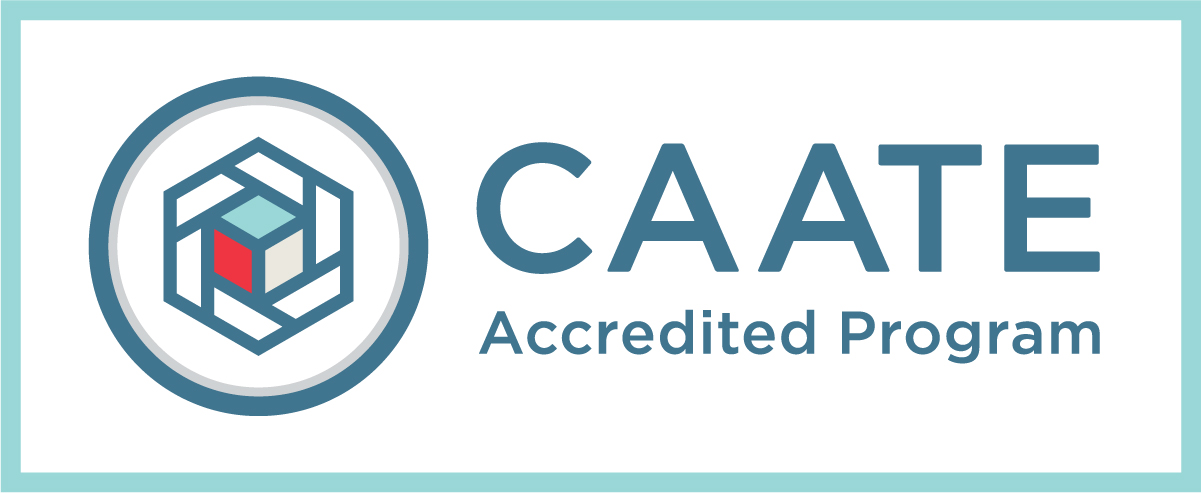General Program Information
Mission Statement
The mission of the University of Northern Colorado ATP is to provide a comprehensive educational experience and a strong clinical foundation to prepare the successful student to launch a career in the allied health profession of athletic training.
Goals, Outcomes, & Objectives
The goal of the University of Northern Colorado 's Undergraduate Athletic Training Program is to develop quality athletic training students that will contribute and be active in the athletic training profession, and to promote a positive attitude of healthful living and health care to the physically active across the lifespan.
Outcome 1: Demonstrate academic competency and clinical proficiency within the domains of athletic training.
Objectives related to outcome 1:
- Students will critically analyze and apply the practical knowledge and skills in management of injuries to active individuals of diverse population.
- Students will critically analyze and apply the practical knowledge and skills in management of illnesses in active individuals, of diverse populations.
- Students will critically analyze and apply the practical knowledge and skills in athletic training organization & administration.
Outcome 2: Synthesize knowledge of basic science, research methodology, and evidence based research related to athletic training, to answer clinical questions and guide clinical practice.
Objectives related to outcome 2:
- Student will develop answerable clinical questions relevant to injuries and illnesses in active individuals of diverse populations
- Students will access and successfully interpret healthcare related data
- Students will apply sound evidence to implement safe and effective clinical practice.
Outcome 3: Model culturally competent, inter-professional interaction within the health care community.
Objectives related to outcome 3:
- Students will effectively communicate using verbal, written, and technological communication skills necessary for success in clinical practice.
- Students will interact with health care professionals other than athletic trainers while demonstrating appropriate professional behaviors.
- Students will collaborate with health care professionals from multiple disciplines to provide appropriate patient care and develop appropriate interprofessional attitudes.
Outcome 4: Engage in the field of athletic training and/or be prepared for post-professional academic pursuits.
Objectives related to outcome 4:
- Students will successfully complete the BOC exam process.
- Students will develop professional attributes consistent with a practicing athletic trainer.
- Students will obtain employment as an athletic trainer upon graduation.
Outcome 5: Provide comprehensive educational experiences that are effective in preparing the graduate to enter the profession of Athletic Training.
Objectives related to outcome 5:
- The program will demonstrate high quality of didactic instruction in all AT courses.
- The program will demonstrate high quality of clinical instruction in all clinical experiences.


